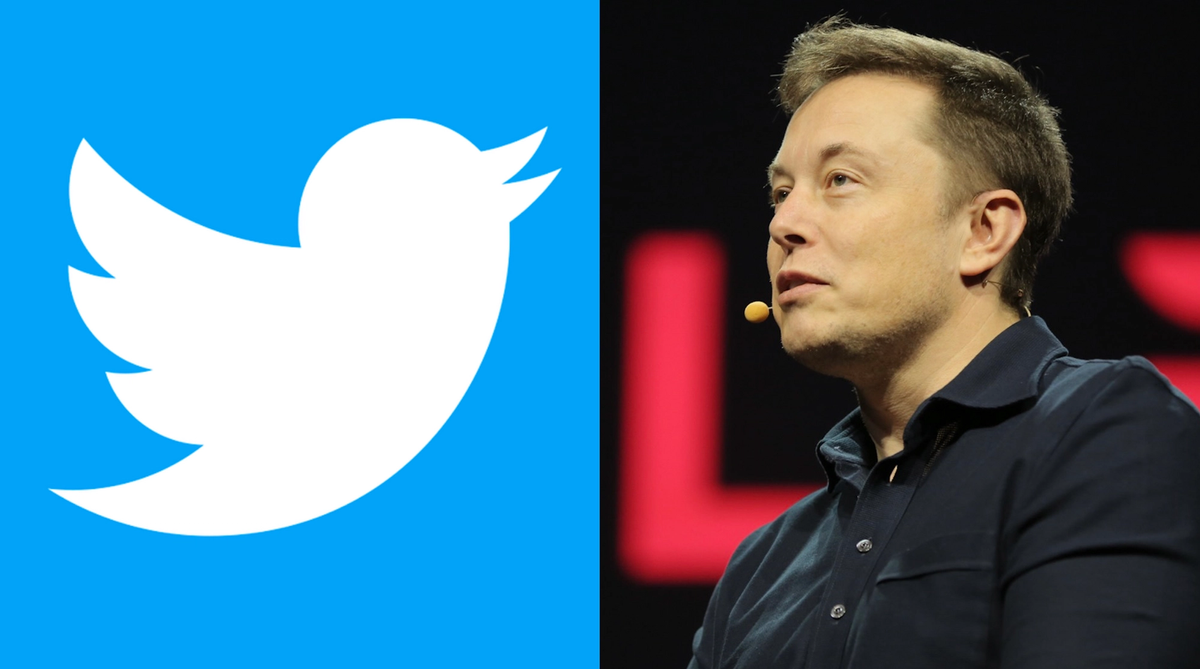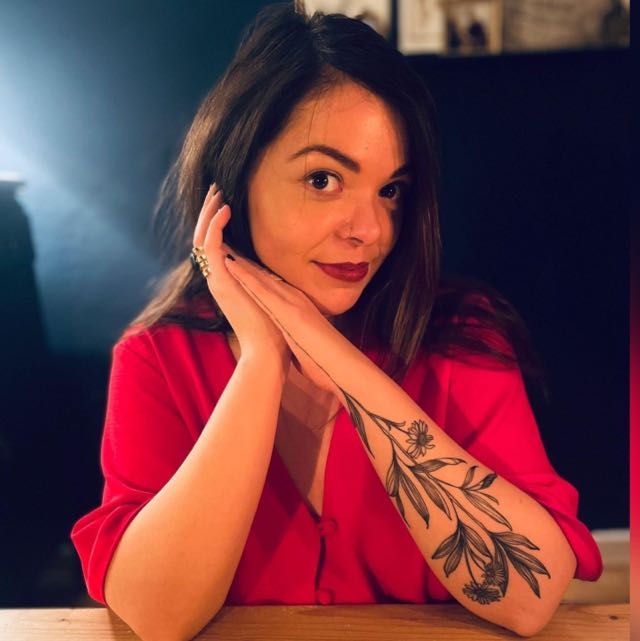When Elon Musk took over Twitter on 28 October he tweeted: “The bird is freed.” The business magnate was referring to his long-held belief that the platform suffers from heavy-handed censorship by moderators. Since then, Musk has sacked more than half of Twitter’s staff and 80% of its contractors, according to Platformer, a news outlet focused on technology and democracy.
Many of these people were responsible for moderating content on the platform. “At the moment, it’s unclear how the loss of what may have been thousands of moderators will affect the service,” wrote Casey Newton and Zoë Schiffer on Platformer. “But it seems clear that Twitter now has dramatically fewer people available to police the site for harmful material.” As we went to press, mass walkouts sparked rumours that Twitter would fold: #RIPTwitter.
People have been fleeing Twitter in droves—more than a million within a few days of Musk’s takeover—in part out of fear of unpoliced, offensive content. As this column has discussed before, social media platforms including Twitter, Facebook and Instagram have been increasingly criticised for the negative effects that trolling and hateful content is having on the mental health of its users.
Among those abandoning Twitter (currently trending as #Twexit) are leaders and celebrities from across the creative industries, who are forsaking millions of followers in protest against the toxic environment. Twexiteers include the artist Erik Larsen, model Gigi Hadid, singer Toni Braxton, author David Simon, and actors Stephen Fry and Whoopi Goldberg.
In a way, is this all a bit ironic? Haven’t we been talking for years about how Instagram and Facebook censor too much, including art that is meant to be permitted under its guidelines? In fact, Twitter has always been “freer” than many platforms when it comes to content. It allows users to post violent and adult content, within limits (not in live videos, for example, and if marked as “sensitive”). The only things not allowed on Twitter are posts that promote a terrorist or violent extremist group and “violent sexual conduct and gratuitous gore”.
In reality, the “censorship” on Twitter that critics like Musk decry, then, is about hate. Many of the accounts that have been suspended, including those belonging to the former US president Donald Trump and the musician Ye (Kanye West), have been due to hateful content. It is the age-old debate of “freedom to” and “freedom from”: at some point a person’s right to their beliefs infringes others’ rights to protection from discrimination. And this is hard to police.
On the social media site Reddit, the decision over sticking or twisting with Twitter is being discussed by everyday creatives. Despite many agreeing that the site is toxic, having an audience is more important. “A lot of people are staying specifically because their following is there, and it would directly impact their livelihood to leave,” writes the user Revenez. Royta15 agrees: “Artists will go where the money can be made.” What a terrifying, poisoned chalice.



